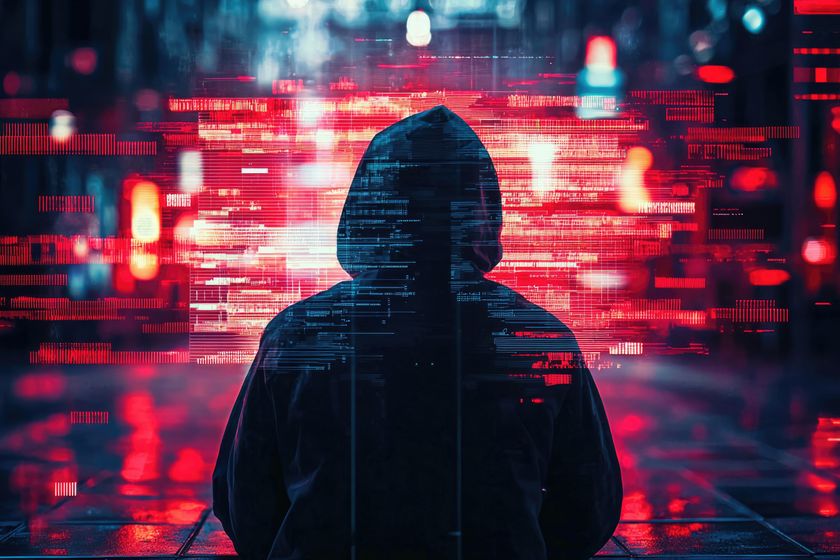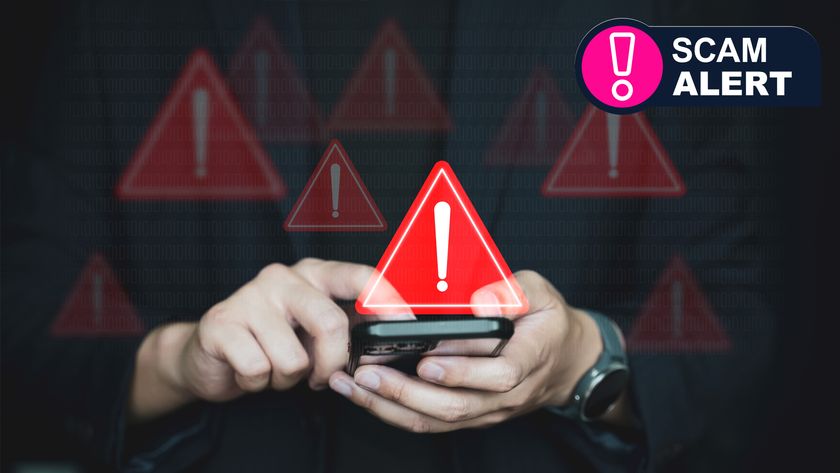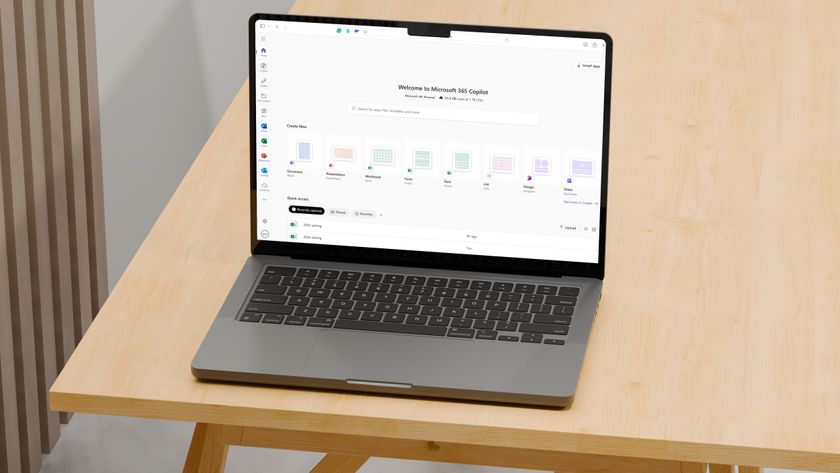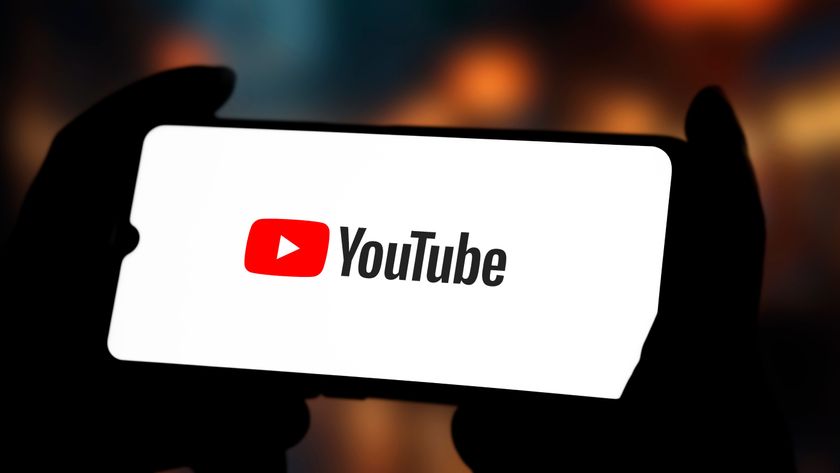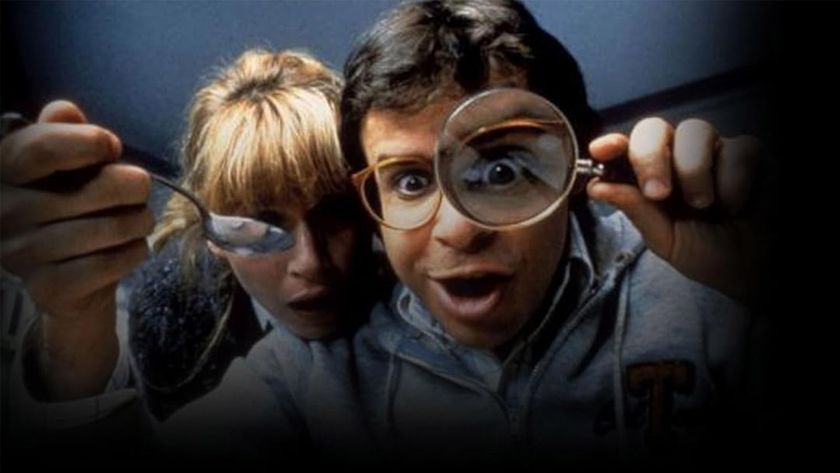How Gaza's internet connectivity is disappearing and the problems it creates and intensifies
The current physical conflict is also playing out online with internet outages, blackouts and cyberattacks
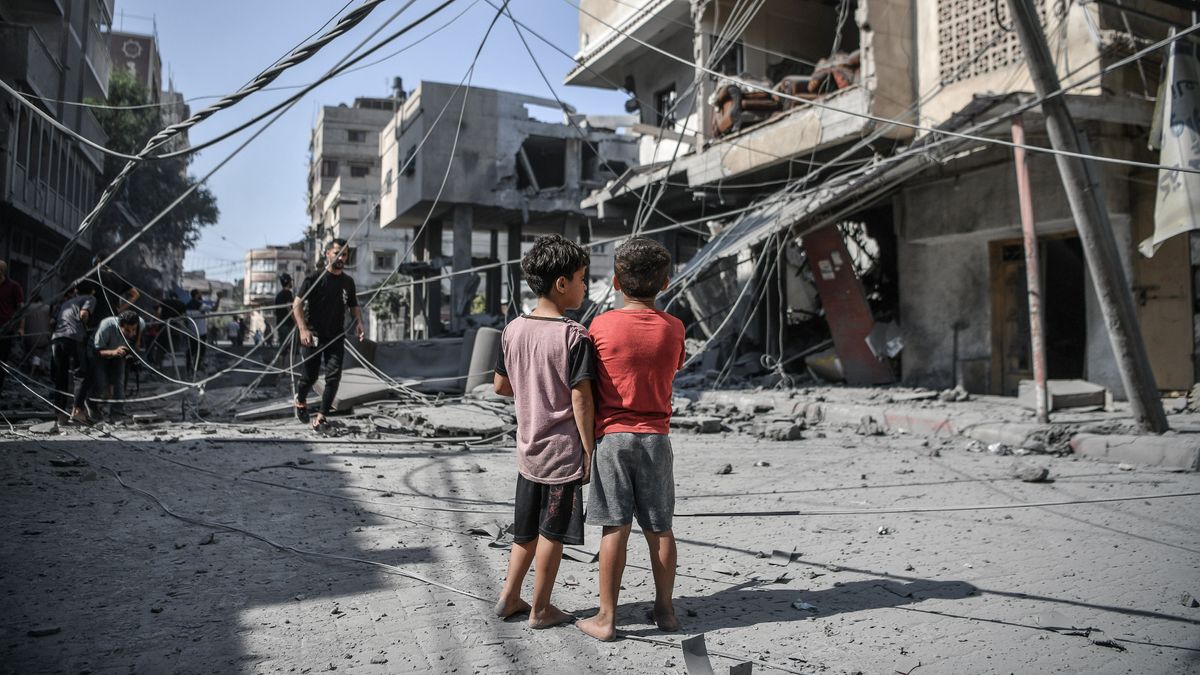
More than a week into the most recent escalation of the Israel-Hamas conflict, the estimated 2.3 million people living in the Gaza Strip are slowly getting disconnected from those on the other side of the wall and the wider world.
At a time when people are fearful, hurt, or missing, a vital way of getting help or communicating safety is proving less easy and accessible than it once was.
"The Gaza Strip is being cut off from the world," said Marwa Fatafta, Mena Policy and Advocacy Manager at Access Now (a non-profit digital rights advocacy group), as the UN warned the Middle East is "on the verge of the abyss."
A breakdown in the electricity supply, and damaged internet infrastructure as a result of bombing, mean that many citizens cannot use their mobile phones to seek help or communicate with their families and friends. At the same time, journalists are hindered in sharing news and updates from the ground. This increasing risk of internet shutdown—and associated censorship—adds further pain to one of the largest human crises in recent years.
In addition, information blackouts pave the way for misinformation and disinformation (fake news) to flood the world's social media feeds.
At present, X (formerly known as Twitter) appears to be the biggest focal point, with more than 50 million posts related to the conflict having been shared on the platform as of October 10, as reported previously by TechRadar.
Concerns about socially fuelled misinformation about the situation led to Thierry Breton, Commissioner for Internal Market of the European Union (EU), posting an "urgent letter" to X owner Elon Musk asking him to tackle the problems and providing a 24-hour deadline in which to take action.
Following the terrorist attacks by Hamas against 🇮🇱, we have indications of X/Twitter being used to disseminate illegal content & disinformation in the EU.Urgent letter to @elonmusk on #DSA obligations ⤵️ pic.twitter.com/avMm1LHq54October 10, 2023
"Following the terrorist attacks carried out by Hamas against Israel, we have indications that your platform is being used to disseminate illegal content and disinformation in the EU," the letter read. "Let me remind you that the Digital Services Act sets very precise obligations regarding content moderation."
Get daily insight, inspiration and deals in your inbox
Sign up for breaking news, reviews, opinion, top tech deals, and more.
Breton's letter continued: "First, you need to be very transparent and clear on what content is permitted under your terms and consistently and diligently enforce your own policies. This is particularly relevant when it comes to violent and terrorist content that appears to circulate on your platform. Your latest changes in public interest policies that occurred overnight left many European users uncertain."
The Israel-Hamas war on fake news
A communications blackout means that accounts coming from the ground are having difficulty reaching the outside world—but all eyes are on Gaza right now. There is a high demand for exclusive dispatches, so verification creates the perfect breeding ground for mis- and disinformation to spread—from both sides of the digital battlefield.
Countless images and hours of video footage have been inundating social media platforms since the conflict began. There's an issue, though: many of these include footage from other wars or even video games, paired with speculation with the aim of confusing and/or misleading.
Thread: Online misinformation about the Israel-Hamas conflict - Day 7This video, viewed 450,000 times, claims to show Israel bomb Palestinian homes in Gaza.The video is from the Syrian war, and shows government forces bombing a residential area in Yabroud in 2013. pic.twitter.com/iKTQM2tlYQOctober 12, 2023
This "makes it difficult for users to discern what is real and what is not," Al Jazeera quoted Dina Sadek, a Middle East Research Fellow at the Atlantic Council's DFRLab, as saying.
While the lens has largely focused on X as the culprit behind much of the disinformation circulating on social media, Sadek claims that misleading content around the conflict is being posted and shared on other platforms, too.
The Israel-Hamas war on fake news is a clear byproduct of today's digital landscape, according to Imran Ahmed, CEO of the Center for Countering Digital Hate.
He told Al Jazeera: "The flood of grifters spreading lies and hate about the Israel-Gaza crisis in recent days, combined with algorithms that aggressively promote extreme and disturbing content, is exactly why social media has become such a bad place to access reliable information."
The Israeli Minister of Communications, Shlomo Karhi, even seemingly implied a desire to shut down the local branch of Al Jazeera (a Qatari news network), deeming the media outlet as "a propaganda mouthpiece," according to Reuters.
He is quoted as saying: "This is a station that incites, this is a station that films troops in assembly areas (outside Gaza)... that incites against the citizens of Israel."
Hacker groups from both sides of the conflict have also reportedly launched DDoS attacks on media sites, which could further exacerbate the spread of misinformation and threaten to silence unbiased reporting of the situation
The Jerusalem Post's site was reportedly down until Tuesday, with the group Anonymous Sudan claiming responsibility in its Telegram group, Axios reported.
Palestinian emergency services have also reportedly suffered cyberattacks, as have a series of Israeli organizations including Israel's Ministry of Foreign Affairs and the Ben Gurion Airport. For the latter, website connectivity seemed to have been restored as of the end of October 9.
Experts at the security research group, CyberKnow, counted 58 groups thus far actively targeting both Palestinian and Israeli infrastructure with DDoS attacks. They expect further DDoS campaigns, data breaches, doxxing, and misleading content to continue as the conflict persists.
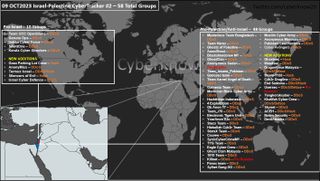
Threat intelligence firm FalconFeeds.io counted at least 100 different hacking groups so far, according to a report by the Straits Times. Among these, 20 appear to lean towards Israel, 77 are supporting the Palestinian side, and three groups appear to be more neutral by hacking both sides.
Basic human digital rights
Data from the Internet Outage Detection and Analysis (IODA) observatory showed a substantial connectivity drop when the first Israeli strikes—in retaliation to the Hamas attacks—began in the Gaza Strip on October 8. As of October 13, IODA data highlighted that internet connectivity in Gaza continued to fall, with just 20% of networks responding to IODA signal probes. Prior to this, IODA reports that figure was more like 90%, which is very telling of how rapidly things are changing.
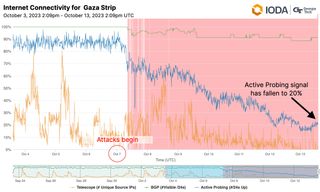
Cloudflare also reported a huge impact on internet traffic in the Strip and surrounding areas since the conflict began. UK-based internet watchdog NetBlocks confirmed a decline in connectivity in the Tel Aviv district as Hamas missiles hit Rutenberg power station in Ashkelon on October 7. Experts also reported major internet disruptions in Gaza as the conflict escalated in the following days.
Al Jazeera reported that the Al-Watan tower was bombed in a recent attack, adversely affecting offices and infrastructure for the two main telecommunications providers Jawwal and Paltel, in addition to media offices. Meanwhile, claims have surfaced of damage to internet service providers (ISP) and telephony infrastructure causing widespread outages for both fixed-line internet, mobile data, and phone lines.
Sources from Gaza |Israeli forces bombed Jawwal building, no cell phone and internet coverage in many parts of Gaza….People can’t call and reassure their relatives. Phones don’t work. pic.twitter.com/TrEvcTyEqwOctober 9, 2023
It's clear the situation is already precarious. But it appears to be getting worse. There has been further damage to Gaza's electrical grid and mobile phones and devices are reportedly running low on battery life.
"Access Now demands the immediate restoration of internet access for the people of Gaza, who have already long endured horrifying conditions... and who have little to no means of escape as the violence escalates," Fatafta added.
Security software like VPN services and Tor can help navigate disruptions and censorship but these tools are useless with a lack of connection and electrical power.
On this point, Fatafta said: "The total blockade now in place will only exacerbate the situation and may result in more atrocities for those plunged under the darkness of a communications blackout."
The news coming from Gaza itself might be scarce, some even manipulated, but the loss of connectivity removes people's ability to stay connected and informed on what's happening on the ground.

Chiara is a multimedia journalist committed to covering stories to help promote the rights and denounce the abuses of the digital side of life – wherever cybersecurity, markets, and politics tangle up. She writes news, interviews, and analysis on data privacy, online censorship, digital rights, cybercrime, and security software, with a special focus on VPNs, for TechRadar and TechRadar Pro. Got a story, tip-off, or something tech-interesting to say? Reach out to chiara.castro@futurenet.com
